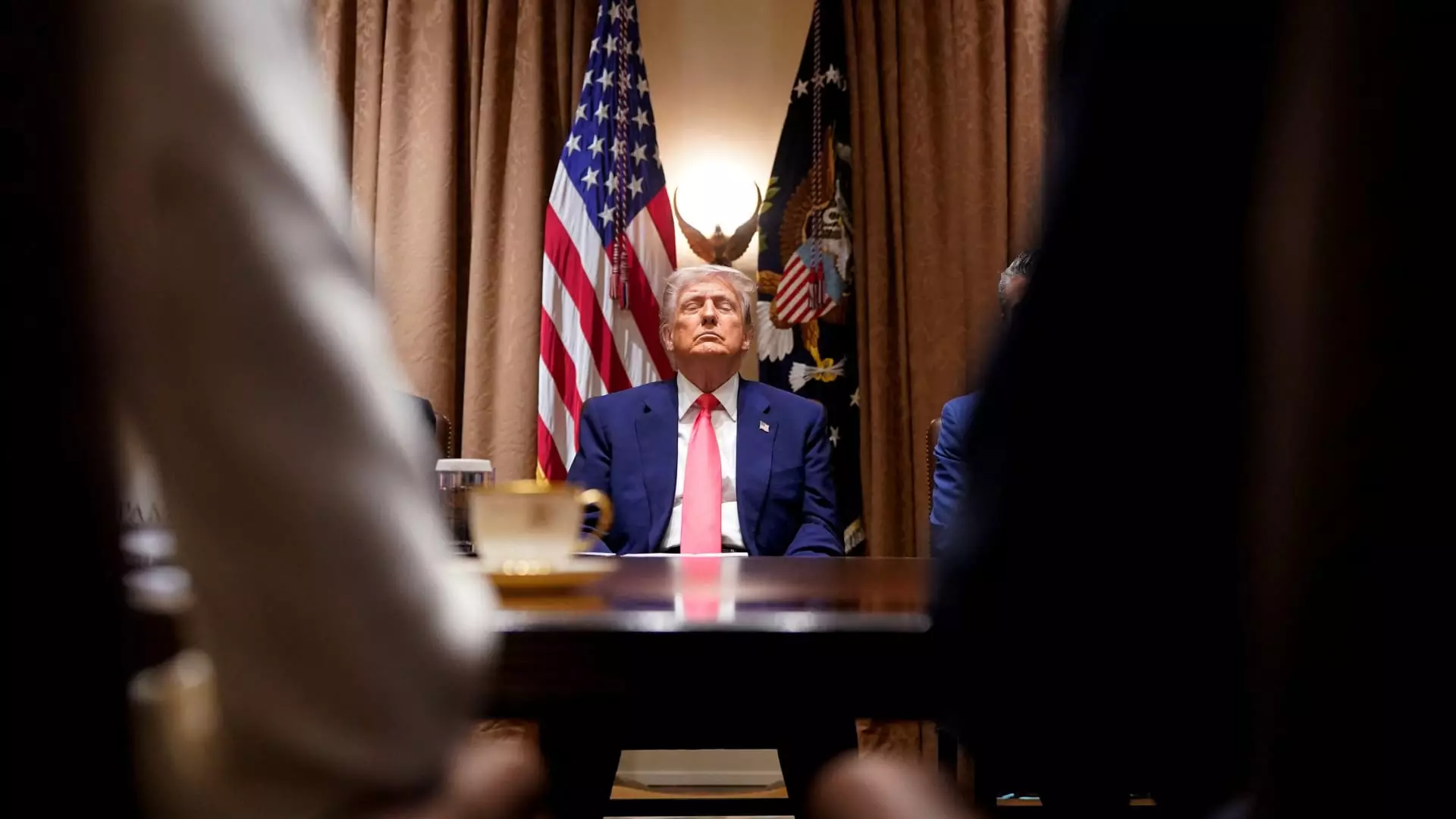In an alarming turn of events, five small businesses have banded together to challenge President Trump in court over the imposition of new tariffs that threaten their existence. Their lawsuit, filed in the U.S. Court of International Trade, is not just a response to economic stress; it is a bold stand against what they argue is a blatant power grab that undermines the checks and balances established by our Constitution. This collective force of small businesses, often seen as the backbone of the American economy, highlights the urgent need for protecting democratic principles in trade policymaking.
Emergency Powers or Economic Manipulation?
The gravamen of the suit rests on the argument that President Trump, in claiming trade deficits with foreign nations as a justification for tariffs, is misusing the International Emergency Economic Powers Act (IEEPA). The plaintiffs assert that such tariffs, which range from 10% to significantly higher amounts, not only represent a dangerous overreach of executive power but also suggest a flawed understanding of economic realities. As cited in the lawsuit, these trade deficits have existed for decades and have not previously warranted an emergency declaration. This paints a picture of an administration willing to manipulate language and policy for personal agenda rather than adhering to legislative intent.
The Trump Tariffs: Job Killers in Disguise
The added financial strain placed on small businesses due to these tariffs cannot be understated. Plaintiffs like VOS Selections and Terry Precision Cycling are already feeling the impact deeply—increased costs translate not just into declining profit margins but potential layoffs and diminished competitiveness. The reality is simple: for small businesses, a matter as seemingly esoteric as trade policy can become an insurmountable hurdle that jeopardizes their survival. Terry Cycling estimates an unexpected burden of up to $1.2 million in tariff costs by 2026. Such figures are not just numbers on a ledger; they represent livelihoods, dreams, and the economic fabric of local communities.
A Call for Accountability and Representation
The heart of this lawsuit echoes a long-standing American sentiment: “no taxation without representation.” This principle, foundational to our Republic, operates under the assumption that such levies must have a democratic basis—not imposed unilaterally by the executive branch. As these small business owners fight against this ill-formed application of power, they do not merely seek relief from tariffs; they are calling for a reaffirmation of accountability in governance. The administration’s failure to pay heed to these fundamental democratic norms raises concerns of broader implications; if economic strategy can be dictated without legislative consent, what other freedoms are at risk?
In a time when uncertainties abound and the business landscape is evolving, it is crucial to hold our leaders accountable, ensuring that trade policies foster growth rather than hindrance. Small businesses, with their unique perspectives and vested interests, must be heard in this democracy, and their lawsuit stands as a necessary challenge to the unchecked authority that threatens to upend their future.

Leave a Reply